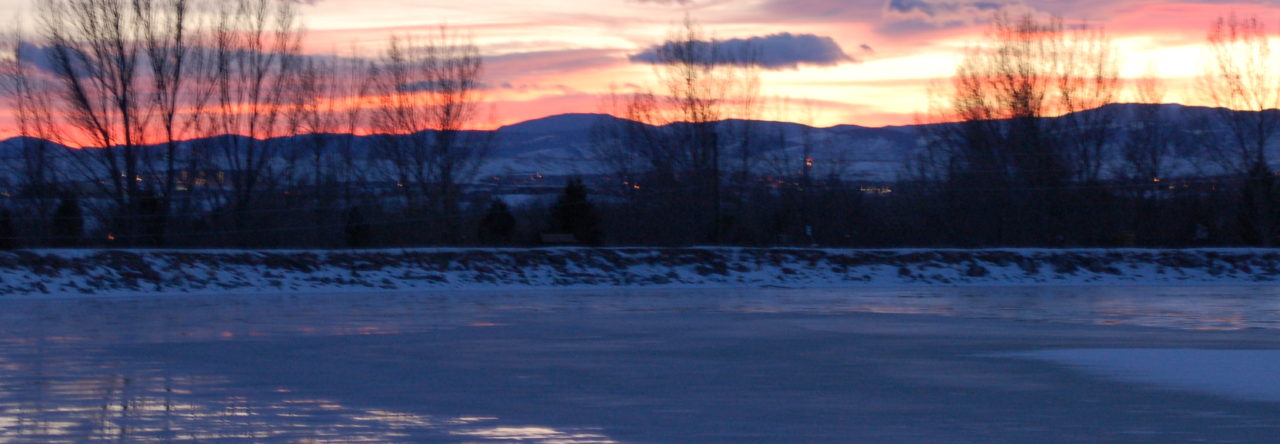Are weather forecasters becoming more inaccurate about their daily forecasts and are we being more forgiving of their inaccuracy?
Let’s address first things first.
I want to say that “forecasts” seems to have evolved into nothing more than word games.
There’s a chance for (insert weather event).
This could include rain, snow, sleet and wind.
Wind is occasionally further specified by describing it by how many miles per hour it blows (e.g. thirty, forty, fifty miles per hour), with the gust factor sometimes noted also (gusts of up to sixty miles per hour).
This can sometimes all be very entertaining, but typically it is not.
What I have learned from watching meteorologists over the years is you have to take everything they say with a grain of salt, as most of their verbiage is as non-committal as possible, such as ‘could be gusty winds’ or ‘might see a chance for a shower’.
So, the key to their chances for continued employment is to be sure to use the words “chance” or “chances” as ubiquitously as possible in order to increase the chances for their being technically correct more often than not.
While it is not technically anything weather-wise, the allergen scale is one of the relatively new developments in the three- to five-minute weather forecast bursts that dominate local evening news forecasts.
Some examples include tree pollen, grass pollen and ragweed pollen. I believe, and if I’m not mistaken, that even mold counts can at times be part of this segment of the weather news.
It can get a little confusing when forecasters begin speaking about mold and pollen.
First and foremost, I want to hear about the chances for rain, sleet, snow, ice, wind, and sunshine, or any combination of these weather events thereabout.
I used to be able to pinpoint negative-minded, glass is half empty weather forecasters by their use of the words partly cloudy or partly sunny; if you’re a happy person, partly sunny would seem to be preferred.
But if you’re a negative parson, then partly cloudy could be more to your liking.
When it comes to weather forecasting accuracy, the safest way to have good grades when it comes to that, is to be able to remember to never deviate from using “chance” or “chances” (of something to occur).
To say there’s a chance I will finish this piece in one sitting leaves my piece finishing forecasting accuracy with a high probability of success.
If I don’t finish the piece in one sitting, am I still considered accurate by weather forecasting standards?
I would suggest the answer to this question is a resounding affirmative, since when it comes down to saying there’s a chance for this, or there’s a chance for that, your chances are typically quite good to be considered successful.
Blessedly, there’s a chance I will finish this piece pretty soon.
Did I just hear a rousing cheer from the peanut gallery?
Or was it more likely some booing?
I think the latter.
After all, who ever wants to see a post end without a chance for having spent meaningful time here?
There will be a good chance for a pop up storm if you don’t stop booing and hissing. Indulging in these two pastimes is sure to increase your chances of facial wrinkles.

